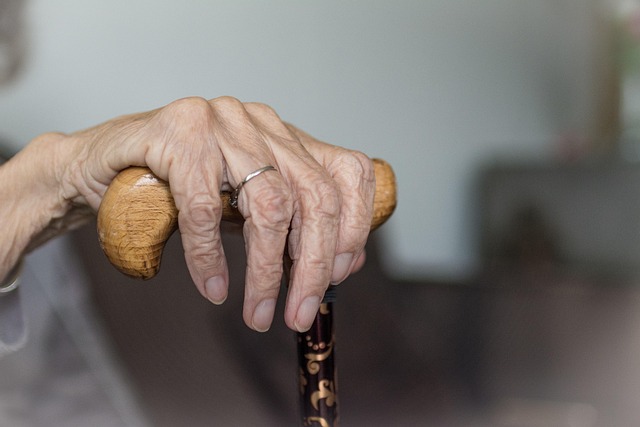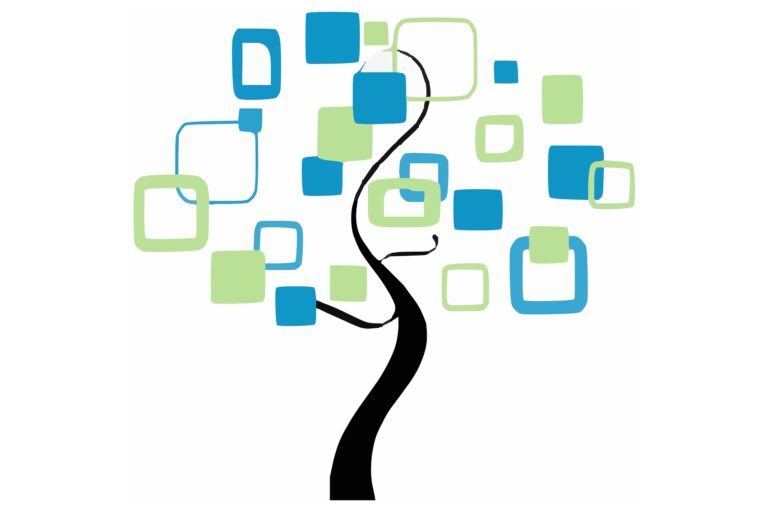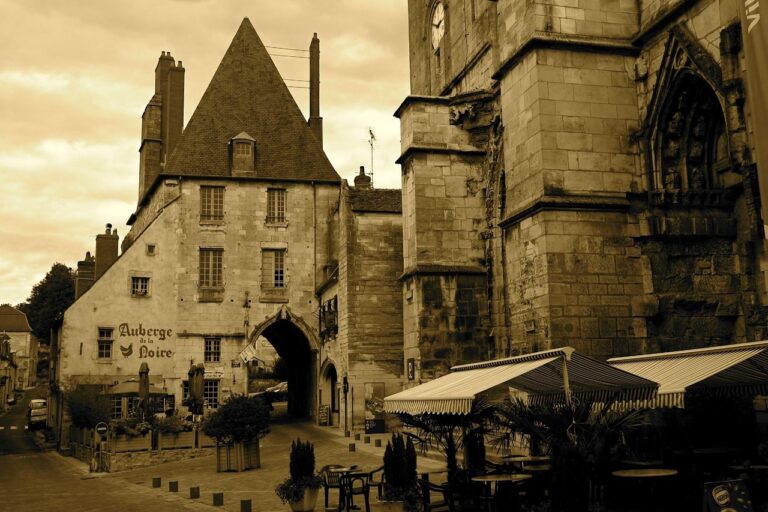When people think of genealogy, they often picture dusty old records and DNA tests. But one of the most valuable resources in ancestry research is something much more personal: oral histories. Over the years, I’ve learned that the stories passed down through generations can provide clues and context that you won’t find in any document.
Oral histories are the memories and stories shared by family members. They might include tales of immigration, descriptions of family traditions, or even legends about long-lost relatives. While these stories aren’t always 100% accurate, they often contain kernels of truth that can guide your research.
For example, I once worked with a client whose grandmother always talked about a great-uncle who “disappeared” during World War II. The family assumed he had died in the war, but no one knew for sure. By following the clues in the grandmother’s story, we were able to trace the great-uncle to a prisoner-of-war camp and eventually learn his fate.
To gather oral histories, start by talking to the oldest members of your family. Ask open-ended questions like, “What do you remember about your grandparents?” or “Do you know any stories about how our family came to this country?” Be patient and listen carefully. Sometimes, the smallest detail—a name, a place, or an event—can lead to a breakthrough.
To gather oral histories, start by talking to the oldest members of your family.
Ask open-ended questions like, “What do you remember about your grandparents?” or “Do you know any stories about how our family came to this country?”

Be patient and listen carefully. Sometimes, the smallest detail — a name, a place, or an event — can lead to a breakthrough.
It’s also important to record these conversations. Use a smartphone or a voice recorder to capture the stories exactly as they’re told. This not only preserves the memories but also allows you to revisit them later for clues you might have missed.
Of course, oral histories should be used alongside traditional research methods. Compare the stories to census records, birth certificates, and other documents to verify their accuracy. But even when the details don’t quite match, the stories can still provide valuable context about your family’s experiences and traditions.
In the end, oral histories are about more than just facts—they’re about keeping your family’s memories alive. By recording and sharing these stories, you’re preserving a piece of your heritage for future generations.




